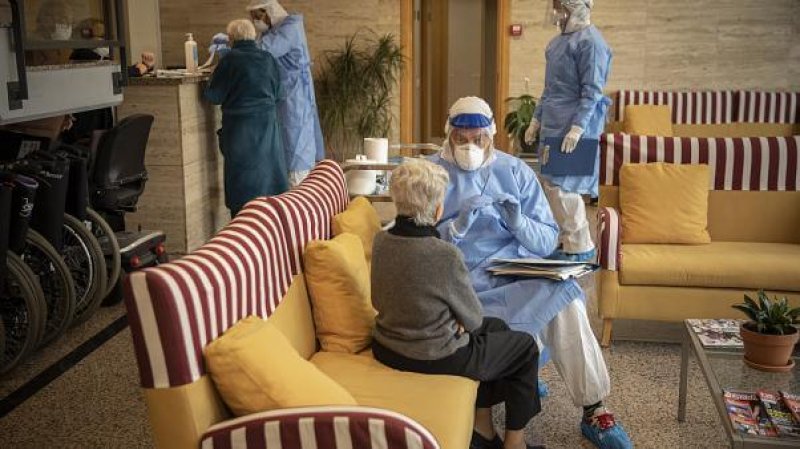The APOE ε4 gene variant that puts people at a greater risk of developing Alzheimer’s disease also has a link to COVID-19. According to a study published [May 26] in The Journals of Gerontology, Series A, carrying two copies of the variant, often called APOE4, makes people twice as likely to develop a severe form of the disease, which is caused by the SARS-CoV-2 coronavirus currently spreading around the world.
David Melzer of Exeter University and colleagues used genetic and health data on volunteers in the UK Biobank to look at the role of the APOE4 variant, which affects cholesterol transport and inflammation. Of some 383,000 people of European descent included in the study, more than 9,000 carried two copies. The researchers cross-referenced this list with people who tested positive for COVID-19 between March 16 and April 26.
…
The result isn’t due to nursing home settings or to a greater likelihood of having a diagnosis of dementia, which none of the 37 people with two copies of APOE4 who tested positive for COVID-19 had. “It is pretty bulletproof—whatever associated disease we remove, the association is still there,” Melzer tells The Guardian. “So it looks as if it is the gene variant that is doing it.”































